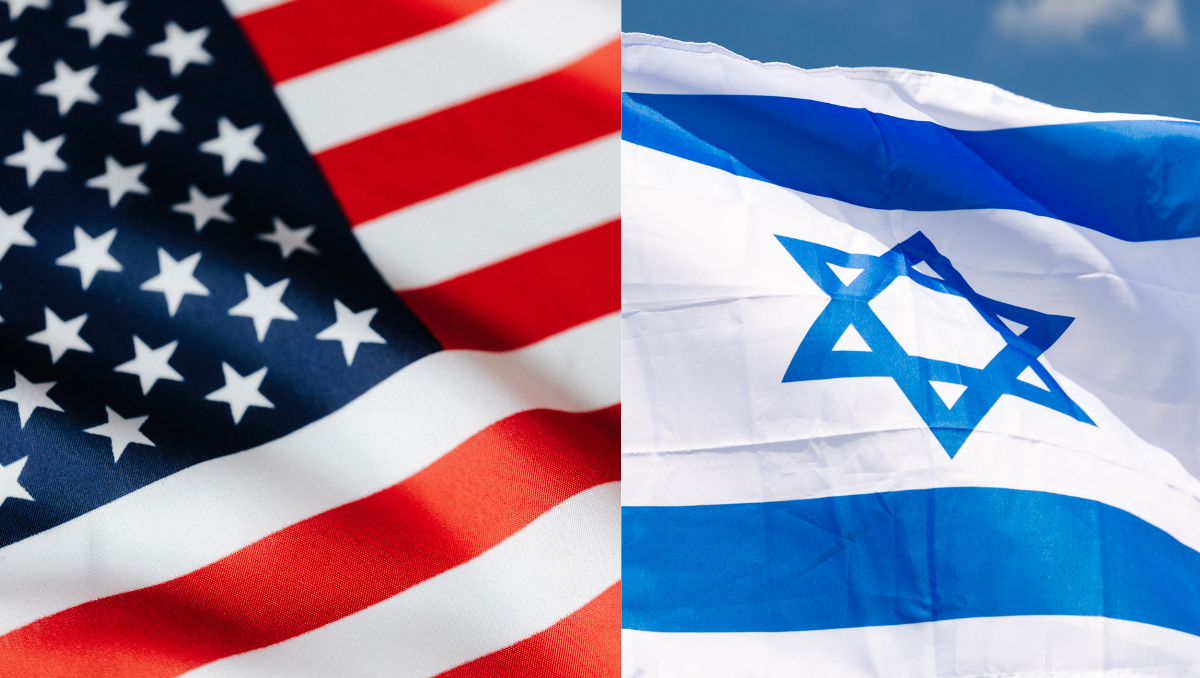The relationship between U.S. President Joe Biden and Israeli Prime Serve Benjamin Netanyahu has been characterized by pressure and contradiction on different issues, especially with respect to the Israeli-Palestinian struggle and the Iran atomic bargain. The later choice by the Biden organization to stop an arranged weapons shipment to Israel advance underscores the strained flow between the two pioneers, signaling a new low in their relationship.
KEY Focuses:
- Israeli PM Benjamin Netanyahu has long pushed for an attack on Rafah — Gaza’s southernmost city where more than a million uprooted Palestinians are protecting — saying that it’s basic to overcoming Hamas and winning the war.
- The Pentagon affirmed that the Biden organization delayed the conveyance to Israel of a shipment of 1,800 2,000-pound bombs and 1,700 500-pound bombs.
- Various governments and compassionate help organizations have cautioned of the “catastrophic compassionate consequences” of an intrusion within the stuffed enclave that’s as of now been desolated by military strikes, infection and starvation.

Verifiable Collusion:
The United States and Israel have kept up a longstanding organization together, established in shared equitable values, security participation, and shared vital interface. Be that as it may, pressures have risen in later a long time over approach contrasts and separating needs, driving strains within the respective relationship.
Arrangement Debate:
Biden and Netanyahu have clashed on key approach issues, counting the Israeli-Palestinian struggle, settlement extension, and the Iran atomic bargain. Whereas Netanyahu has supported for a hardline approach on security things and contradicted political suggestions to Iran, Biden has communicated bolster for a two-state arrangement and looked to resuscitate arrangements with Tehran.
Gaza Struggle Aftermath:
The later heightening of savagery between Israel and Hamas in Gaza assisted strained relations between the Biden organization and the Netanyahu government. Whereas Biden communicated back for Israel’s right to guard itself, he too called for a ceasefire and raised concerns about civilian casualties, provoking feedback from Netanyahu and his partners.
U.S. Arms Shipment Delay by Biden:
The choice by the Biden organization to briefly stop an arranged weapons shipment to Israel has increased pressures between the two pioneers. The delay, allegedly expecting to audit the arms exchange in light of the later strife in Gaza, has drawn condemnation from Netanyahu and started theories around the long run of the U.S.-Israel military participation.

Household Political Considerations:
Both Biden and Netanyahu confront household political weights that shape their particular approaches to outside approach and national security. Biden must adjust back to Israel with calls for human rights and political engagement, whereas Netanyahu faces examination from his traditionalist base and political rivals over his taking care of security issues.
Territorial Suggestions:
The strained relationship between Biden and Netanyahu has broader suggestions for territorial elements and U.S. approach within the Center East. The delay in arms shipments to Israel may encourage Iran and its partners, worsen security concerns for Israel, and complicate endeavors to address territorial clashes and solidness.
Discretionary Outreach:
In spite of their contrasts, both Biden and Netanyahu have communicated a commitment to keeping up near ties and participating on a shared interface. Political endeavors are underway to address regions of contradiction and revamp belief between the two partners, in spite of the fact that critical challenges stay in bridging the crevice on key approach issues.
Way Forward:
Settling the pressures between Biden and Netanyahu will require practical strategy, compromise, and a readiness to lock in in helpful discourse. Both pioneers must illustrate adaptability and leadership to explore the complexities of the U.S.-Israel relationship and address the basic sources of contact.
Conclusion:
The strained relationship between Biden and Netanyahu has come to a new low after the U.S. choice to stop an arranged weapons shipment to Israel. The delay underscores the developing partition between the two pioneers on key arrangement issues and highlights the challenges confronting the U.S.-Israel organization together in an progressively unstable locale. As both pioneers look to oversee their contrasts and revamp belief, the path forward will require conciliatory artfulness, vital engagement, and a commitment to shared interface and values.



